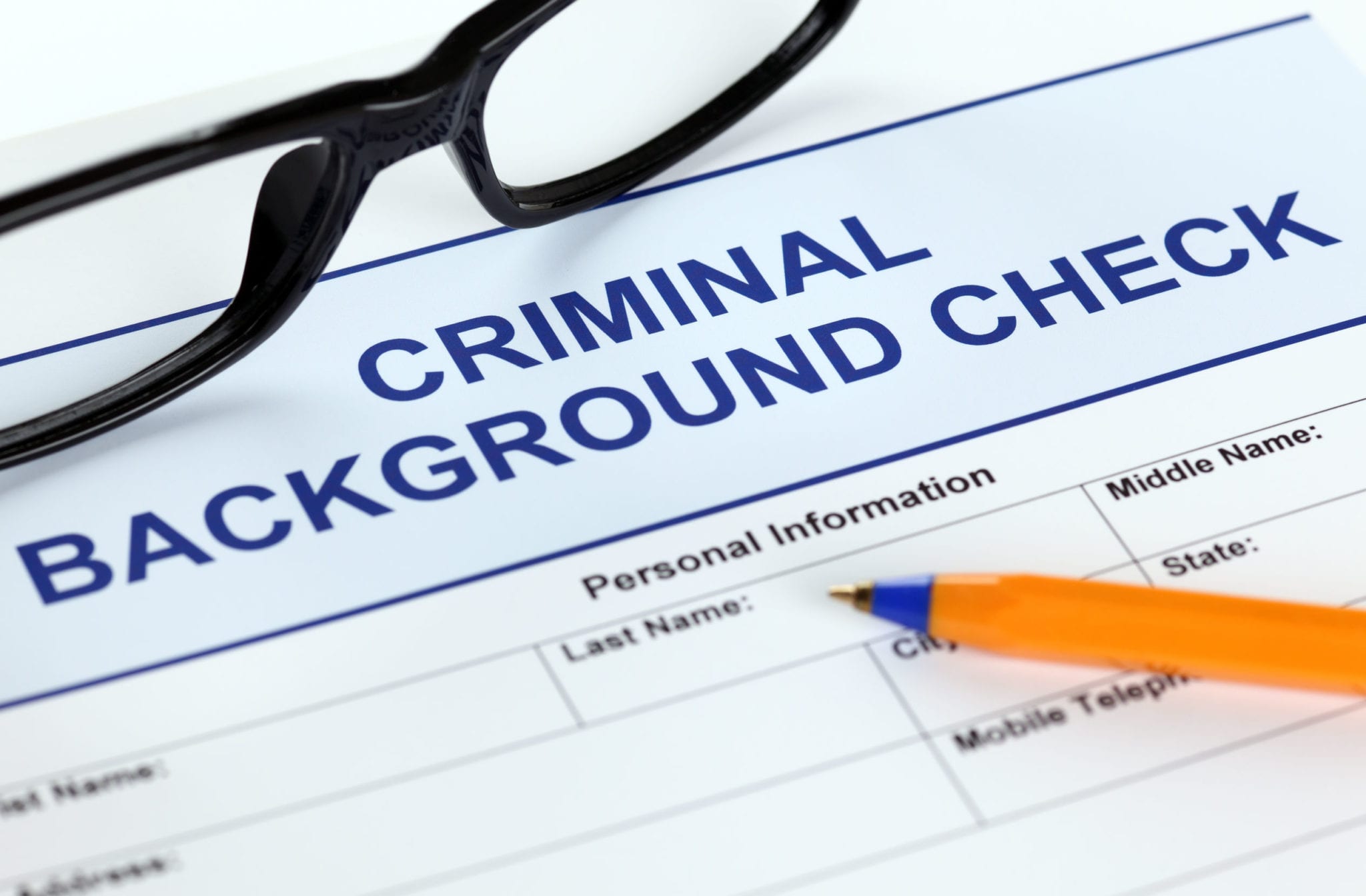
You committed a crime. You did the time for it. It is also highly likely that you paid a heap in fines, rehabilitation, restitution, or any combination of them depending on your conviction.
What you probably never even thought about were the ongoing negative impacts and costs of having that criminal record. Things which are affecting your ability to reintegrate successfully into Minnesota society.
These are real costs to you and your loved ones, and those costs have a name: collateral consequences.
Today’s post provides a legal view of what those collateral consequences are, what specific costs you face right here in the state of Minnesota due to your criminal record, and a bit about what you can do to continue to fight for your right to the pursuit of happiness once your debt to society has been paid.
If you feel you have fallen victim to the collateral consequences of your criminal record, and can’t seem to overcome them, seek out the advice of a Minnesota criminal defense attorney with experience in post-conviction reintegration.
Collateral Consequences of Having a Minnesota Criminal Record
Collateral consequences refer to the host of negative effects of having a criminal record which tend to impact an offender indefinitely – at the very least, well beyond the point where an individual has achieved completed their criminal sentence and any judicially imposed penalties. Legally, the term is defined like this:
“The various consequences which are beyond the terms of the conviction under federal and state laws, but not intended by the judge while convicting. It is the result of the arrest, prosecution or conviction that is not part of the sentence imposed.”
Further, among the legal community, this phenomenon has another name – The Four Cs, or the “collateral consequences of criminal conviction.” There are a number of specific aspects of a convicted person’s life that may be affected by The Four Cs when they live here in the state of Minnesota.
The Four Cs in Minnesota
At a federal level, a criminal record (a felony conviction) usually disqualifies you from certain national housing and student loan benefits, and can often revoke your rights to vote and to carry or possess firearms. There are also a number of “invisible punishments” specific to Minnesota. Below, we look at four:
Employment
Though things are changing, state statistics reveal about 25% of released offenders go back to prison within three years. So, Minnesota employers have historically shied away from candidates with criminal backgrounds.
Public Assistance
The requirements for how Minnesota DHS benefits must be distributed and used become complicated (conditional) when you have a drug felony conviction within the same decade of application.
Family Rights
The type of conviction on your record can affect your rights and eligibility in matters such as custody, child support, parenting time, and other familial visiting.
Social Life
Depending on the type of crime, your record may be publicly accessed through state websites, possibly permanently.
What’s more, even cases that never resulted in conviction show up on your criminal record. Worse, due to the way the case is processed, the charges or arrest can sit on your record listed under terms that – unless you are in the legal field – those checking don’t understand.
This is why, if you have the option to expunge your record, you should absolutely do it.
Clearing Your Minnesota Criminal Record
Here in Minnesota, the circumstances of your conviction may allow you to qualify for expungement. This is the legal process of requesting that the court seal your criminal record from public access.

This doesn’t mean your crimes disappear or that your criminal history is destroyed, but expungement does have the power to eliminate a number of collateral consequences you may currently be enduring.
An experienced Minnesota criminal defense attorney can answer a number of common questions about expunging your record. We believe it is certainly worth a look.
About the Author:
Christopher Keyser is a Minneapolis-based criminal and DWI defense attorney known for fighting aggressively for his clients and utilizing innovative tactics to get the most positive results. He has been featured in numerous media outlets due to the breadth and depth of his knowledge, and recognized as a Minnesota Super Lawyers Rising Star (2014–2015), a Top 100 Trial Lawyer (2013–2015), and a Top 40 Under 40 Attorney (2013–2015).





